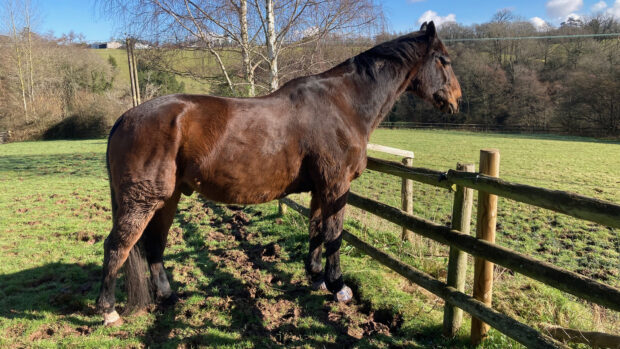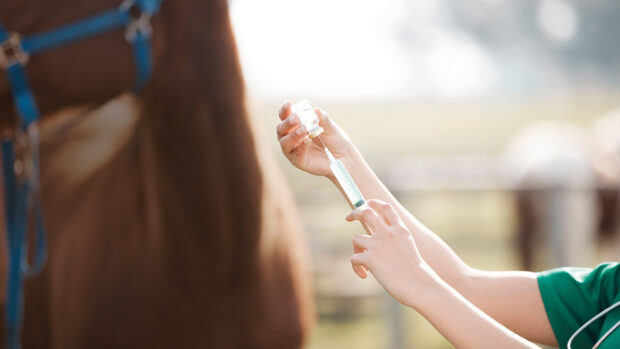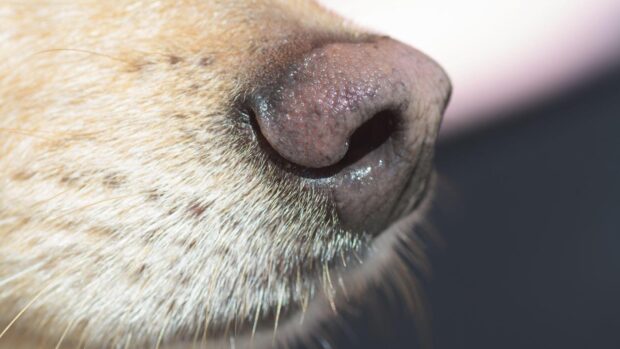Horses that are prescribed the drug pergolide to manage equine Cushing’s disease are now banned from competing in all disciplines that have signed up to British anti-doping rules.
Pergolide mimics the effects of dopamine in the body and is used in the UK to treat Cushing’s – a disease of old age in the horse, which causes a hormonal imbalance.
However, the drug is prohibited under international equestrian (FEI) rules, which British Eventing (BE), British Dressage (BD) and British Showjumping (BS) and other bodies including British Riding Clubs signed up to last year.
The British Equestrian Federation’s (BEF) national equine anti-doping and controlled medication rules committee (BEFAR) had discussed whether a theraputic use exemption (TUE) could be made for pergolide.
It would allow owners of horses taking the drug to compete with permission from their vet. But this hope was quashed last week.
This means riders like 21-year-old eventer Charlotte Mount of Canterbury and her 17-year-old pony Prince IX (pictured) can no longer compete affiliated.
And the Pony Club said he would have to be vetted before competing with them.
“Prince was diagnosed with Cushing’s in December last year and my vet put him on pergolide,” Miss Mount told H&H.
“I contacted BD as I was hoping to compete over the winter and was told a decision was due to be made by BEFAR.
“Before then BD allowed me to compete him with a medication form, but last week I received an email saying we cannot do anything any more, not even riding club.
“It’s a bit much for the FEI and BEF to say that a horse with Cushing’s is not fit to do anything and might as well be put down.”
And her trainer, New Zealand eventer Bruce Haskell, added: “This is a rule that is only going to affect amateur riders.
“Pergolide is not a performance-enhancing drug and, as long as the horse is fit to compete, I cannot see any problem with riders being allowed to use it.”
But BD sports manager Paul Graham said: “In order for Great Britain to compete in international horse sport, we have to have uniform anti-doping rules.
“We cannot be segregating the bottom of the sport from the top.”
This news story was first published in H&H magazine (26 April 2012)



